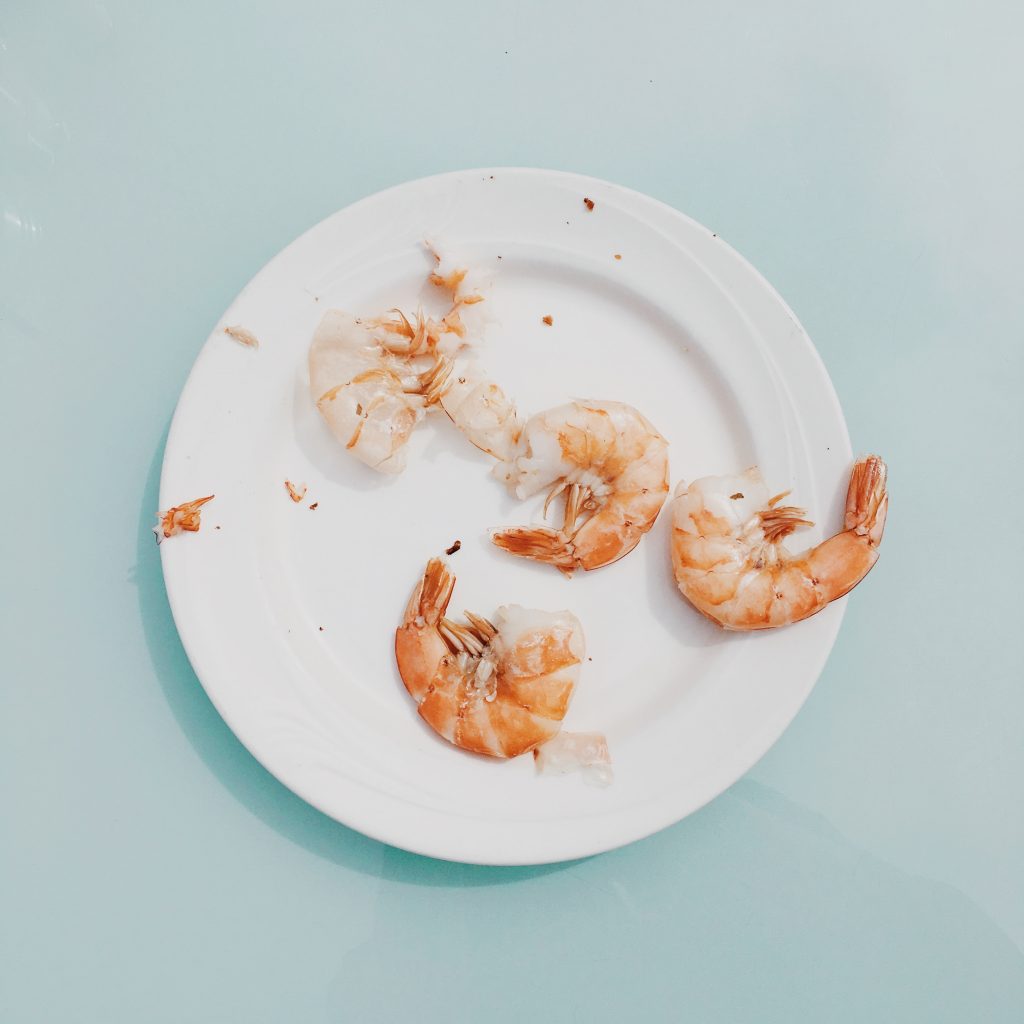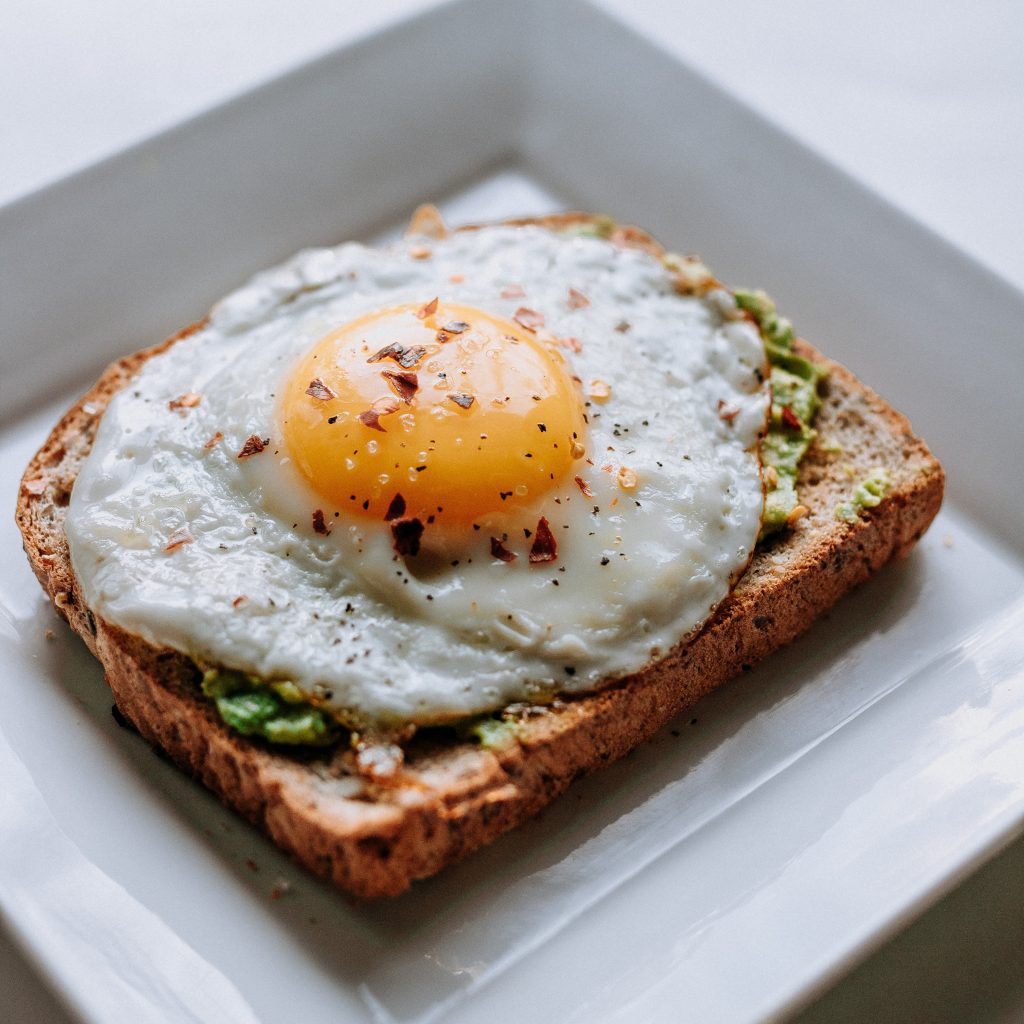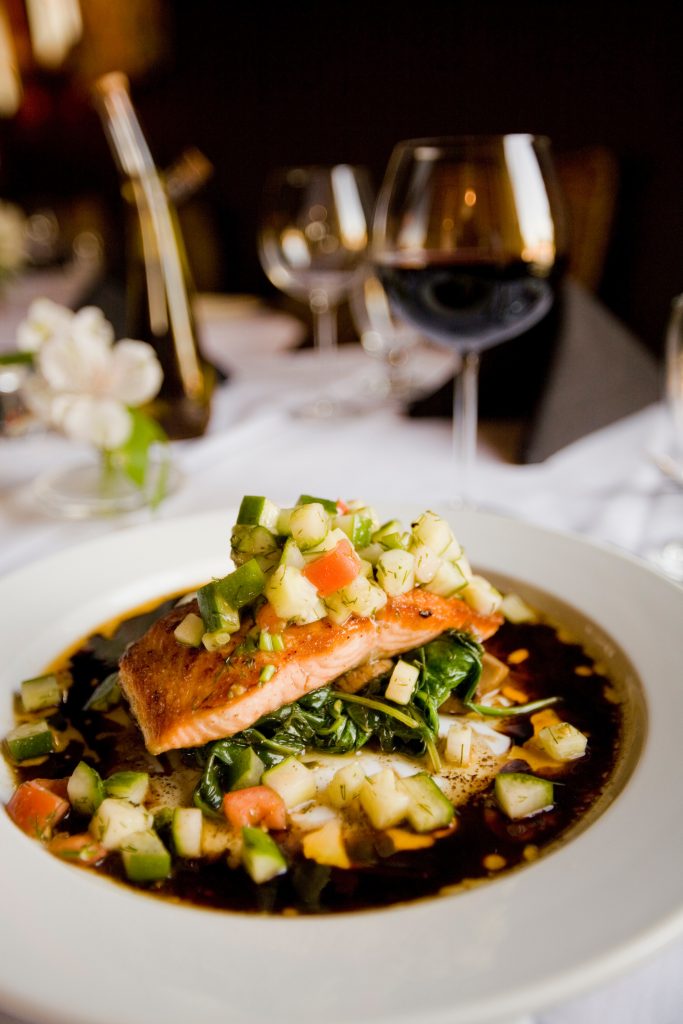IBD is an invisible disease. One of the top invisible extraintestinal manifestations I deal with is hair loss. I’ve met many others in the chronic illness community who deal with hair loss, whether it’s due to medications, malnutrition, or the disease itself.
Regardless of the cause, there are techniques to hide the hair loss and encourage healthy hair growth. So without further adieu, here is my experience with hair loss and seven tips to help you overcome this frustrating side effect.

My Experience with Medication-Related Hair Loss
I was on Remicade for a while, and within six months of starting, I noticed that my hair was becoming so thin and brittle that it would fall out.
Eventually, I stopped Remicade for nearly a year, and during that time my hair grew back thick and luscious like normal. Now, I’m back on biologics—this time, Entyvio—and my hair has started to fall out again!
The interesting thing is that it only falls out in certain parts of my scalp. It follows a circular pattern—starting under my bangs and closely hugging the stretches behind my ears, and then down to the nape of my neck.
When it was at its worst, my hair would fall out in the shower and whenever I brushed it. It made me pretty emotional, at first.
I love dressing up and letting my long hair flow without it looking like my hairdresser gave me a botched haircut.
I also enjoy going outside, exercising, and playing sports, and it’s much more comfortable when all my hair can stay tight in a ponytail. But I rarely wear my hair up anymore because my brittle, wispy hair is too short to stay inside the ponytail!

Why Hair Loss Occurs
Not everyone on biologics experiences hair loss, but it certainly seems to be a common side effect I hear about in the IBD community. At this point, doctors aren’t sure exactly why people on biologics experience this.
Others suffer from hair loss due to the disease itself, especially when they’re in a flare or recovering from one. And some experience hair loss due to malnutrition or poor nutrient absorption from their active Crohn’s or ulcerative colitis.
Sometimes, it can be very difficult to tell what exactly is causing the hair loss. Regardless, it’s something that many people in the IBD community deal with.
Tips to Hiding & Preventing Hair Thinning
If you also experience hair loss, here are some tips I’ve learned to disguise it and prevent it from getting worse:
1. Wear beanies, hats, and scarves
The simplest solution is to cover up what you can—in style! If you have hats, beanies, scarves, etc. they can be used to conceal the hair loss both around your forehead and the scraggly bits hanging around your shoulders.
2. Use billions of bobby pins
Use tons of bobby pins. Take them with you literally everywhere. The only way my hair looks cute in a ponytail now is to pin up all the baby hairs with bobby pins. It may take longer to do your hair, but it’s seriously worth it.
3. Lay off the heat
To prevent any more thinning or damage, I refused to apply any heat directly to the crown of my head. No hairdryer. No straightener. No curling iron. I’d still dry my hair in the winter months, but I’d spare the emaciated strands.
4. Use a heat protectant
To play it extra safe with the blow-drying, I purchased a heat protectant spray and doused the damaged hair with it, just in case any already thin hair caught wind of the blow dryer.
5. Try hair growth serums
Experiment with hair growth serums. There are many brands out there! I used a brand called Grow Gorgeous, and although it didn’t make my hair look like it used to, I noticed that consistent use would help the wispy hairs grow faster.
6. Ask your doctor about supplements
My gastroenterologist recommended the supplement BioSil (I buy two months-worth on Amazon for $50). It’s filled with biotin and gives the body extra proteins that aid in the strong and healthy growth of hair, skin, and nails. For me, this is a wonderful long-term treatment, and I plan on taking it as long as I’m on a biologic!
7. Get nutrients from food
Also, there are some natural ways we can sneak extra hair-strengthening nutrients into our diet.
I) Protein

WHY: Protein can aid in hair growth because hair follicles are mostly made of protein.
HOW: Great sources of protein include shrimp, red meat, poultry, and lentils.
II) Biotin

WHY: Biotin is required to produce keratin, a structural protein that makes up hair and nails.
HOW: You can eat up biotin in yummy eggs, almonds, avocados, and beans (like we need any more reason to eat avocado toast!)
III) Omega 3 Fatty Acids

WHY: Omega 3 is an anti-inflammatory, so it can especially help stimulate hair growth if the hair loss is related to inflammation (which is great news for IBDers since that inflammation is an autoimmune response.)
How: Get some Omega 3s into your diet by consuming salmon, spinach, chia seeds, and flax seeds.
A Note to My Fellow IBDers
We are fighters. Even though some side effects or symptoms might knock us down, there’s always a silver lining if we choose to find it.
For me, it’s never leaving the house without at least ten bobby pins in my purse.

The point is: almost every medication will have side effects. It’s up to you to get creative, do some research, and think outside the box to come up with solutions that will help with your unique situation.
IBD is much more than an intestinal disease. It’s an invisible illness with sneaky, stealthy side effects and symptoms that no one would notice unless we decide to share them.
But I choose to share my story because
AWARENESS > FUNDING > RESEARCH > CURES
Hi I feel so bad Seeing a lot of hair fall out it can be frustrating and I heard about this product https://www.biotinxtremehaircare.com/products/biotin-shampoo has anyone used?
Hey Leena, thanks for reaching out! I haven’t tried this product and I haven’t heard anyone in my Facebook group mention it, but it might be worth exploring. Thanks for sharing!